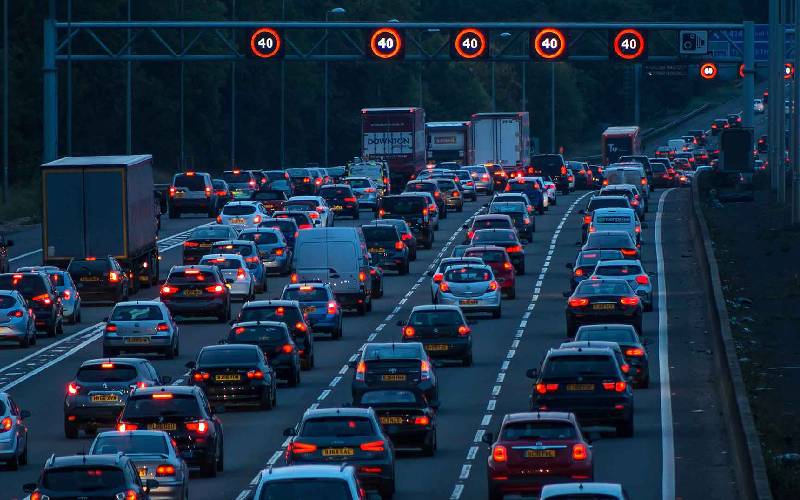×
The Standard e-Paper
Smart Minds Choose Us

Motor vehicle ownership in Kenya has been rattled by a most worrying report of theft, connivance and careless handling of the all-important number plates. In a chilling report carried by our sister publication Saturday Standard, your car can be stolen, cut into parts and made to disappear in just under two hours. The import of this is huge and should worry every Kenyan.